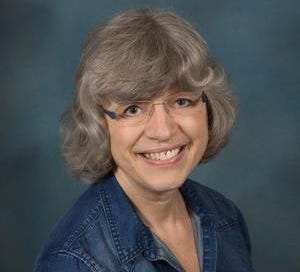Meet the Historian! Christine Heyrman and Doomed Romance
Annette finally meets Bancroft Prizewinning Historian Dr. Christine Heyrman, and is shocked to discover she's a lovely person
Note from Annette
Thanks to everyone who let me know how much you enjoyed Recovery, the series riffing on Martyrs, by journalist Roger Hutchinson, about the Native people of a Scottish village who, ha…



